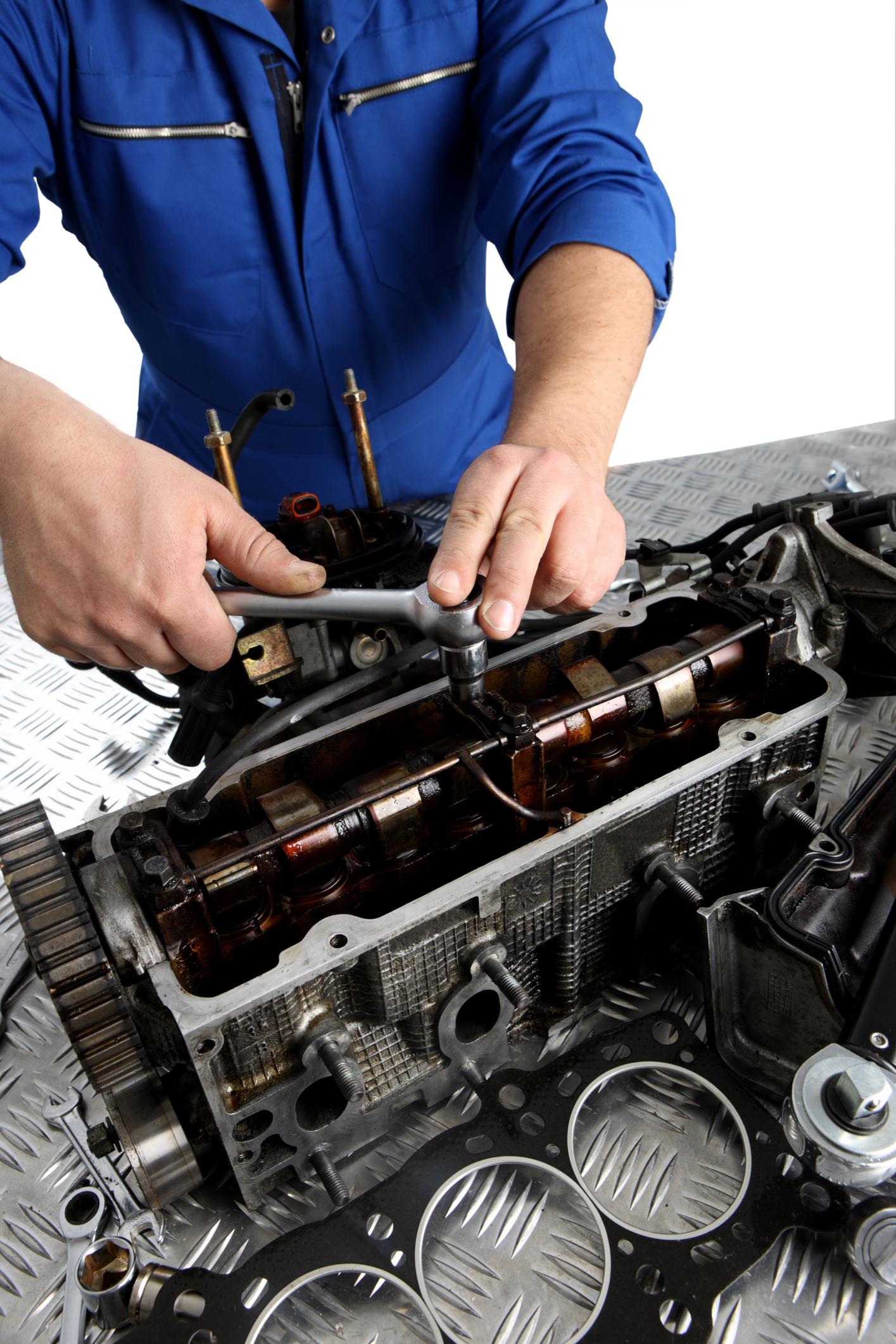If you’re a car enthusiast or have found yourself stranded with a perplexing engine issue, the dreaded words “blown head gasket” might have sent shivers down your spine. This automotive nemesis can cripple even the most reliable engines, leaving you wondering how deep the financial hole will be. In this article, we’ll dive into the murky depths of head gasket repairs, deciphering the factors that sway their enigmatic price tags.

Image: gobdp.com
Understanding Head Gaskets: The Silent Guardians
The head gasket, nestled between the engine block and cylinder head, is the unassuming hero that prevents disastrous intermixing of fluids. As a meticulous barrier, it segregates coolant, oil, and combustion gases, ensuring a seamless symphony within the engine. However, this delicate seal can falter under extreme heat, pressure, or corrosive conditions, resulting in a head gasket breach, with ominous consequences.
Symptoms of a Compromised Head Gasket: Red Flags
A blown head gasket manifests in various ways, each hinting at the underlying disruption. Keep a keen eye out for:
- Overheating Engine: A telltale sign, as coolant seeping through the weakened gasket disrupts temperature regulation.
- Coolant Loss: Vanishing coolant, whether through leaks or internal mingling, is another symptom to heed.
- Engine Misfiring: Combustion pressure sneaking into the cooling system or vice versa can cause erratic engine behavior.
- Oily Mixtures: Milky engine oil or coolant is a clear sign that fluids are fraternizing where they shouldn’t.
- Exhaust Anomalies: White or blue smoke emanating from the exhaust pipe signifies coolant or oil burning, a grave indicator.
Gauging the Financial Burden: A Costly Saga
We now venture into the realm of repair costs, where estimates fluctuate depending on the complexity of the task and other variables. As a ballpark figure, you could be looking at a budget of $1,500 to $4,000 for parts and labor. Let’s delve into the contributing factors that shape the bill:

Image: www.pinterest.com
1. Labor Intensity: A Time-Consuming Endeavor
Replacing a head gasket is not a swift undertaking. The engine must be partially disassembled, which involves removing components like the timing belt, water pump, and exhaust manifold. Skilled labor, accounting for $700 to $1,200, constitutes a significant portion of the total expense.
2. Vehicle Make and Model: Brand Loyalty Comes at a Price
The make and model of your car influence the cost of parts and labor. Prestigious brands or complex engines demand a heftier investment. European imports, for instance, tend to incur higher repair bills compared to their domestic counterparts.
3. Gasket Type: Materials Matter
Various head gasket materials offer different levels of durability and price points. Traditional composite gaskets are cost-effective, while steel and multilayer steel gaskets are more resilient but pricier. Your mechanic will guide you on the optimal choice based on your vehicle’s needs and budget.
4. Additional Expenses: Unforeseen Complications
As the engine is stripped down, other underlying issues may surface, necessitating additional parts or repairs, adding to the overall bill. Head gasket replacement often involves replacing the timing belt and water pump for preventive maintenance, further increasing the expenditure.
Taking Preventive Measures: A Prudent Approach
While head gasket failures are sometimes unavoidable, certain proactive steps can mitigate their incidence and potentially save you from costly repairs down the road:
- Maintain optimal coolant levels to prevent overheating, a major risk factor for head gasket breaches.
- Regular oil changes ensure proper lubrication, another key to engine longevity.
- Avoid over-revving the engine, as excessive stress can strain the head gasket.
- Professional engine inspections can identify potential issues before they escalate into major breakdowns.
How Much Is It To Fix A Head Gasket
Conclusion: Knowledge is Power
Knowing how much it costs to fix a head gasket is crucial for budgeting and informed decision-making. The cost varies based on factors such as labor intensity, vehicle type, gasket materials, and potential complications. While the expense can be substantial, taking preventive measures can help reduce the likelihood of facing this costly repair in the future. Remember, knowledge is power, and understanding this topic empowers you to navigate this automotive challenge confidently.







